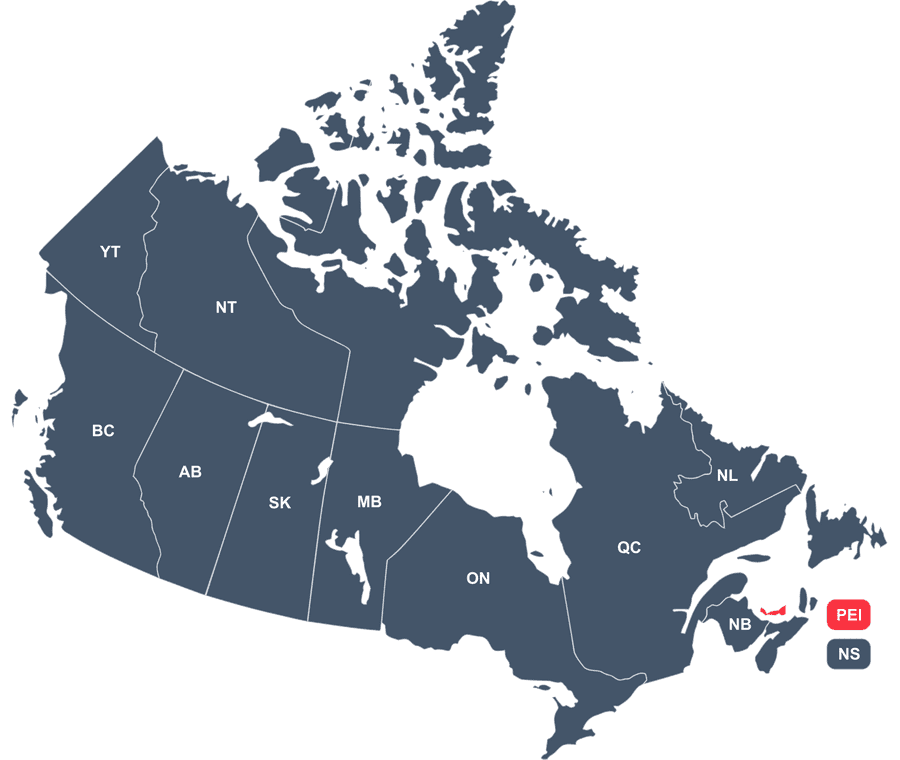The Provincial Nominee Programs (PNPs) allow Canadian provinces and territories to nominate individuals who wish to immigrate to Canada and who are interested in settling in a particular province. The PNP offers many advantages, including shorter processing times than most Federal Immigration programs.
The minister of immigration, refugees, and citizenship is authorized, with the approval of the governor in council, to enter into agreements with the provinces and territories for the purposes of the IRPA (s 8). Foreign nationals who are nominated by a province “may become permanent residents on the basis of their ability to become economically established in Canada” (IRPR, ss 87(1), (2)).
The PNP51 allows a province or territory to nominate qualified workers and experienced business professionals for permanent resident status, so long as they intend to settle and live as permanent residents in the province.
The PNP provides provinces with the benefits of targeted recruiting and the selection of foreign nationals who can help meet the local labour market and economic needs of each province, such as filling a skills shortage or attracting specialized occupational skills. Unlike the FSWP and FSTP, the PNP may include the selection of professions that do not require university or college degrees.
Out of the 10 Canadian provinces and 3 territories, all have their own PNP except Quebec and Nunavut. Quebec has its own specialized immigration streams for foreign nationals.

Each province and territory has different immigration categories or processing streams for a foreign national to submit an application for permanent resident status. For example, many provinces have an investor, entrepreneur, or student category, even though such programs do not exist at the federal level. Considering this fact, it is important to note that a foreign national can qualify under a PNP by proceeding through one of the following processes:
